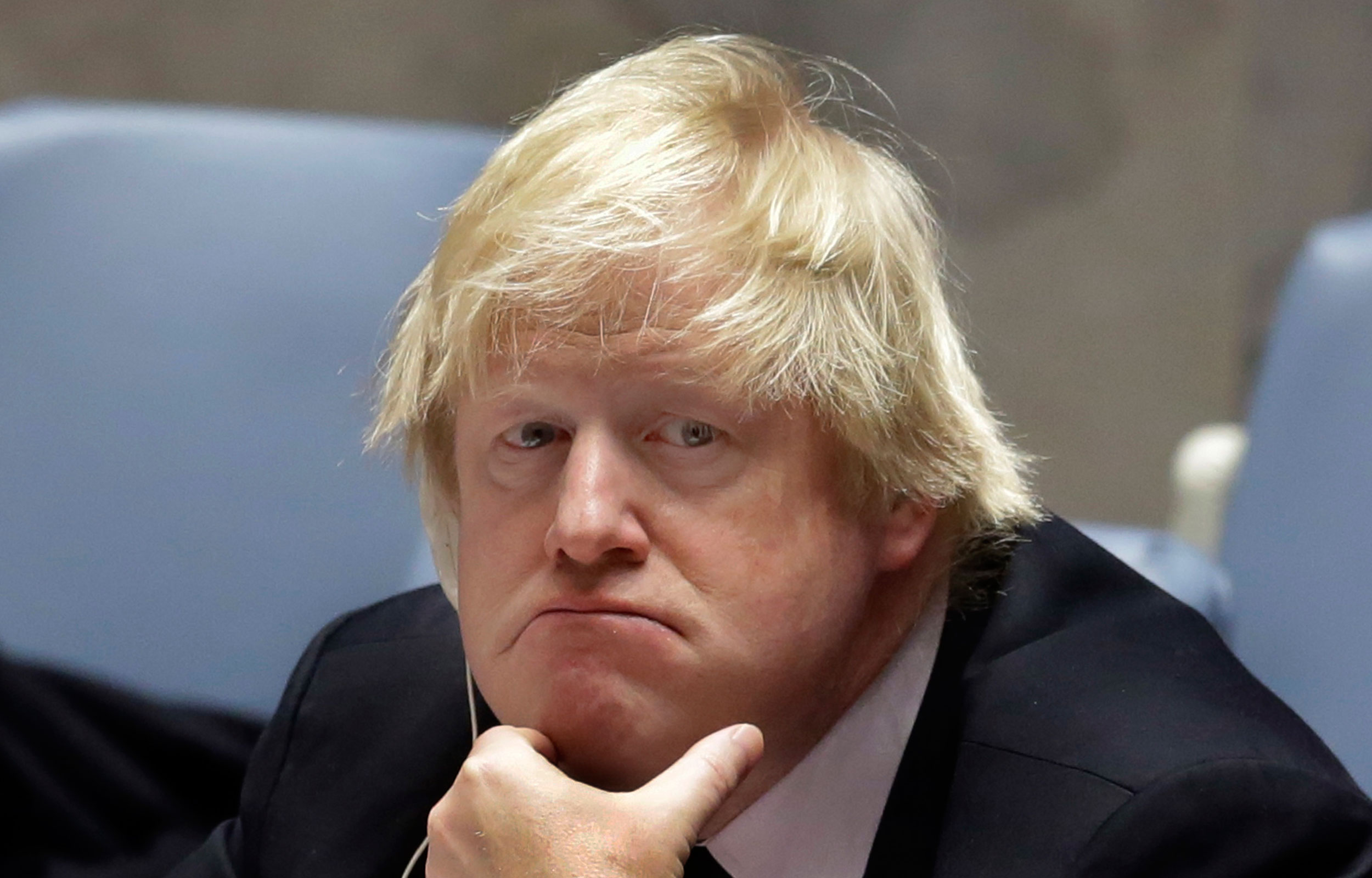Britain’s new Prime Minister Boris Johnson made it clear from the moment he stepped into No 10 Downing Street that he was making a clean break with the past.
Out went 16 cabinet ministers including Jeremy Hunt, his rival in the leadership battle, in a savage ministerial cull. Some of the survivors included Johnson supporter, ex-investment banker Sajid Javid, who was moved from the home office to the No. 2 job as chancellor of the exchequer and given the important task of making sure there was enough ready money to cope in case of a no-deal Brexit.
Moving into the home office was arch-Brexiteer and law-and-order hardliner Priti Patel. The London-born MP whose Gujarati parents migrated to the UK in the 1960s from Uganda was given a huge promotion after being fired by former Prime Minister Theresa May for concealing secret meetings with Israeli politicians.
With two Asian faces in the top offices of state, Johnson clearly hoped to stamp out the charge that he’s a racist. Also in a key job is Rishi Sunak, the 38-year-old first-time MP who’s also son-in-law of Infosys founder N.R. Narayana Murthy. Sunak has become chief secretary to the treasury where he will hold the purse strings for government departments.
But most crucially, Johnson signalled from the first moment it was no more Mr Nice Guy and that he would be utterly ruthless now that he was in the top job. He didn’t bother to mend fences with his rivals and instead packed his cabinet with Vote Leave Brexiteers. One Conservative MP commented his party, “has now been taken over by the hard right”.
What happens next? One Guardian correspondent caustically remarked about Johnson’s speech on the steps of No 10. that he, “remembered better structured, more coherent speeches at 2am in Stockport’s Heaven and Hell nightclub.” Slightly more politely commentator Simon Jenkins said: “Same old Johnson – all mood music and waffle.”
More crucially, the consensus was that Johnson had made a campaigning-style speech and was limbering up for an election in the not-too-distant future. Another signal that an election might be in the offing was that even before he made any cabinet appointments, Johnson hired Dominic Cummings, said to be the strategic mastermind behind the 2016 Brexit campaign and an out-of-the-box thinker.
Cummings was played by Benedict Cummerbatch in the movie The Uncivil War, in which he was portrayed as a brilliant maverick who may have had links with the infamous Cambridge Analytica. Cummings was also found in contempt of the Houses of Parliament because he refused to testify before a select committee probing fake news.
Beneath the Johnsonian bluster and bonhomie there are cold facts to be confronted in the coming months. Johnson has 96 days between now and October 31 when Britain is scheduled to leave the EU. Since it’s the holiday season in both Britain and Europe that means he has only about 30 days to re-negotiate the Brexit deal.
The EU has made it abundantly clear it spent almost three years negotiating the current agreement with Theresa May and it isn’t willing to offer him new terms. In the short time-frame available it’s tough to see how a compromise can be reached.
Working out a deal with the EU has always faced an insurmountable block on the Irish border question. Under the 1998 Good Friday Agreement between the Irish and British governments it was laid down that there would be open borders between the Republic of Ireland and Britain’s Northern Ireland province.
But if Britain leaves the EU, border controls of some kind will be needed. Johnson and other Brexiteers reckon there are technological solutions to guard the border but they’re talking pie-in-the-sky as no such workable technology exists yet. On his first Parliament outing after becoming Prime Minister, Johnson assured the House there would be no border controls. Then, he craftily shifted the onus of getting a deal on the EU, saying: “That is in the hands of our friends and partners.”
Even if, by a miracle and an extraordinary feat of negotiating, Johnson persuades the EU to change some terms of the deal, he still faces a huge hurdle in getting it through the British Parliament where he now has only a razor-thin two-seat majority. It was reckoned there were around 47 Conservative Party MPs who were willing to oppose him on a no-deal Brexit. That number may have gone up after yesterday’s round of sackings.
In the recent elections to the EU Parliament, the Conservatives came in fourth behind the Labour Party, the Liberals and even Nigel Farage’s populist Brexit Party. Johnson got his job partly because it was felt he was the only potential leader with the charisma to outwit Farage.
What will happen in the event of a no-deal? There have been dire warnings about trucks at Dover backed up halfway to London as they negotiate border controls on the way to France and shortages of vital cancer medicines and routine drugs like insulin and that Britain will fall into a deep recession. Sterling is at two-year lows against the US dollar and seen falling lower.
One assurance Johnson gave categorically was that the 3.2 million EU nationals living in Britain – many of whom have been living there for decades -- would not be forced to leave the country even if a no deal took place.
London is experiencing an unprecedented heat wave and temperatures today have risen to 36C. The political climate is also hotter than ever and it remains to be seen if Johnson can hose it down in the next 90 days.










